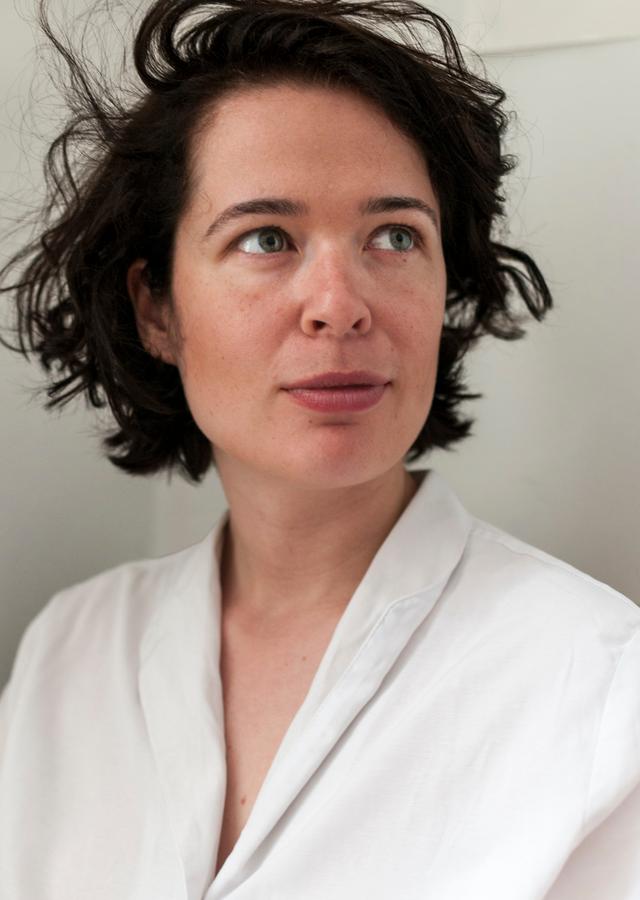The Opposite of a Person
One of the most persistent criticisms of contemporary writers, particularly the latest generation, is also the most inaccurate: that they are a bunch of navel-gazers. True, the work of young authors is often deeply rooted in personal experience, but they are equally concerned with exploring how the individual relates to the complexity of the modern world. The most fascinating book on this very subject has been published: the bold and original debut by celebrated poet Lieke Marsman.

‘Did they ever consider the possibility that apathy might also be the result of actually having values?’ Marsman muses. ‘Everything matters: depression can just as easily stem from an excessive lust for life as from a lack of it.’ Striking observations that echo the words of Naomi Klein, which also feature in the novel: ‘What if part of the reason so many of us have failed to take action is not because we are too selfish to care but because we are utterly overwhelmed by how much we do care?’
These quotes capture the theme of this novel: our ability to care about ‘an abstract or seemingly far-off problem’. Why is it that the issue of climate change leaves us unmoved? A topic for an essay rather than a novel, you might say. Perhaps, but the innovative fervour on display here renders such distinctions irrelevant. Marsman regularly strays beyond the bounds of the traditional novel to embrace the clarity of more discursive and poetic forms, and does so seamlessly.
At the same time, the strong central character and storyline attest to the fact that this is still very much a novel. Ida, a young climatologist, embarks on an internship at an institute tasked with demolishing a dam in the Italian Alps. But this is also a book about love, a concern that looms as large as global warming – for Ida the two are interwoven in her contemplative nature, her analytical capacity and her tendency towards self-absorption.
Marsman has an astounding ability to make her reflections our reflections without compromising their personal nature. The novel’s eclectic form is central to this achievement: we get to know Ida through the aphoristic poem ‘I Hate the Storm, I Love the Storm’ and through her essays. This produces highly relevant philosophical literature that touches on all manner of intellectual preoccupations, from our inner workings to the world around us. Above all, it produces literature with the power to move.
This is an extraordinary, compelling novel of ideas, profound and poetic. Cerebral too, in its relentless exploration of how our minds operate. Which brings us back to our arrogance in imagining ourselves to be the centre of the universe. A claim the natural world shrugs off with glacial indifference.
“An extraordinary and gripping novel of ideas.”
“The originality and flair that characterises Marsman’s poetry is very much in evidence in her novel.”
